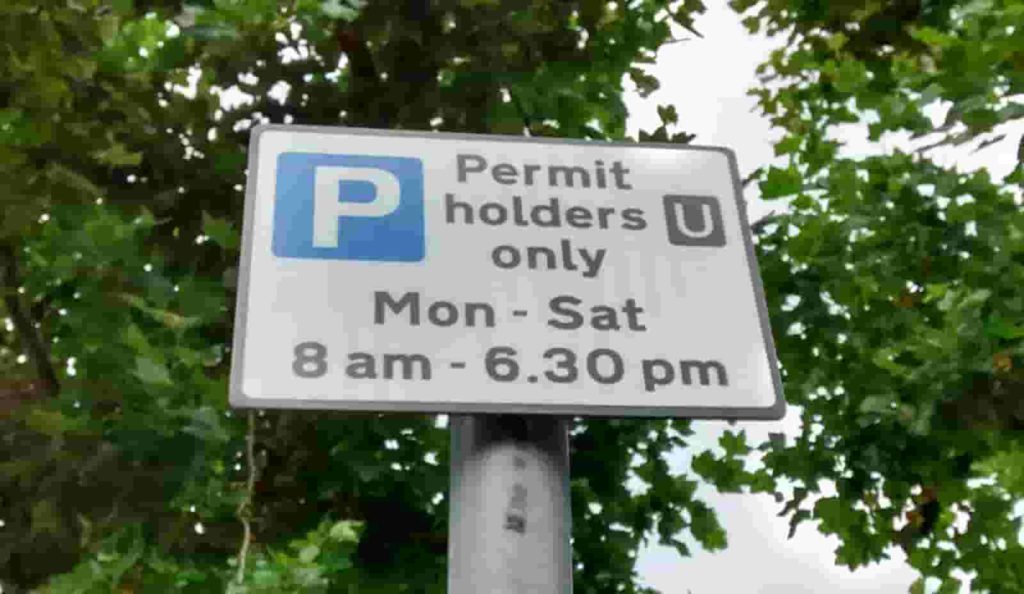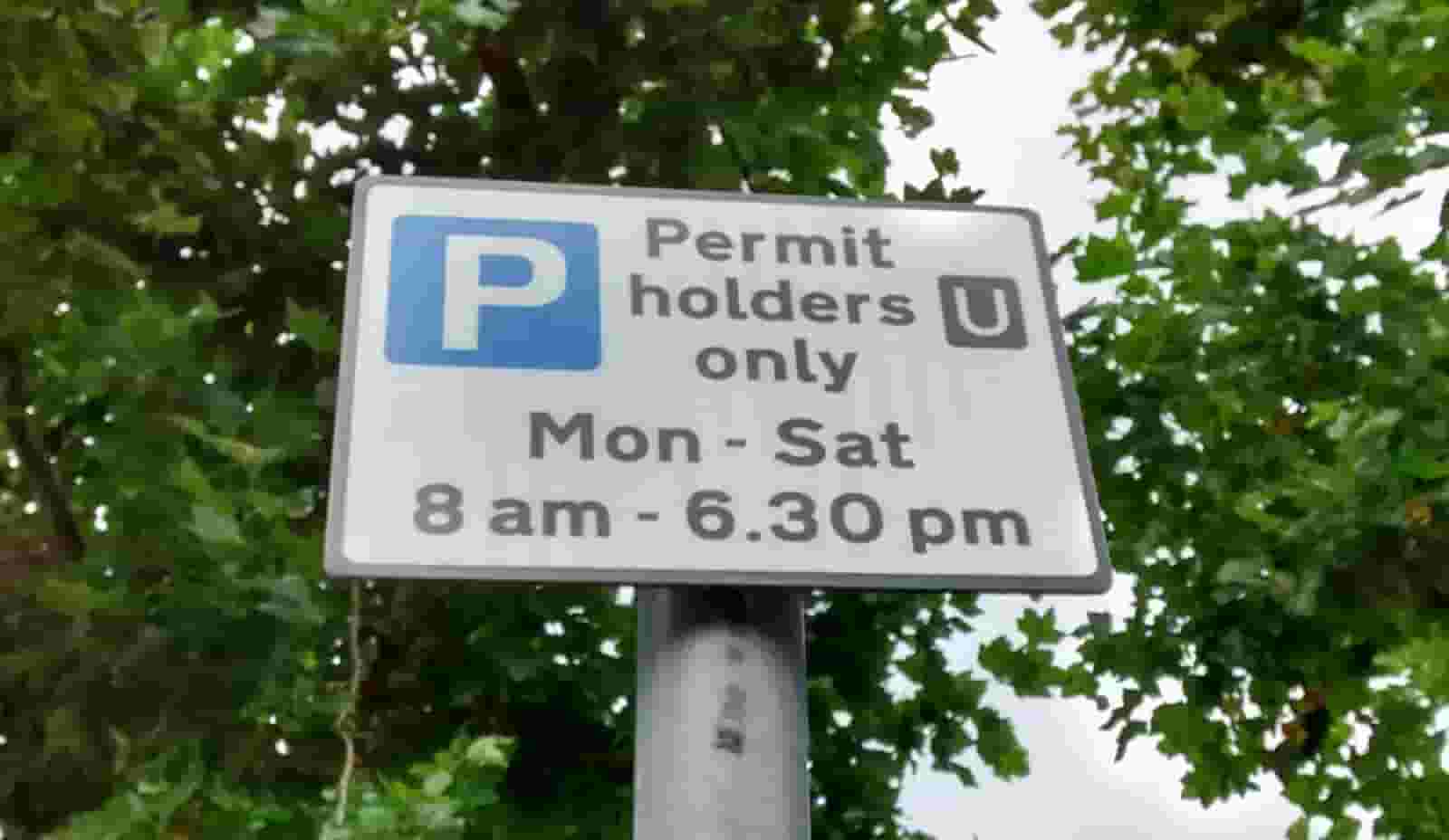What is a Controlled Parking Zone?
A Controlled Parking Zone (CPZ) is a monitored on-street parking system in the United Kingdom. In a CPZ, civil enforcement officers lay down a set of parking rules. CPZ schemes typically have set operational hours, during which those rules apply.
Citizens who wish to use a CPZ need to purchase a parking permit. While a CPZ does not guarantee a reserved parking spot, it does give permit holders priority use of on-street parking spaces during CPZs operational hours.

As the name suggests, CPZs aim to control the volume of on-street parked cars. Read this article to learn the role of CPZs in managing on-street parking and how Smart Parking solutions can help.
How do Controlled Parking Zones work?
Let us simplify how CPZs work to understand how they help manage on-street parking.
Where can a citizen park their vehicle?
A Controlled Parking Zone (CPZ) allows citizens to park only in designated parking bays, and the remainder of the curbside space is subject to yellow line restrictions. Single yellow lines indicate that drivers are not allowed to wait or park during the time when controlled parking zones are operational.
What are Controlled Parking Zone permits?
Residents and visitors need to purchase parking permits to park in designated parking bays during the operational hours of a CPZ. They can approach the local authorities and apply for these permits. The objective of pre-approved permits is to discourage commuter and lengthy stay parking by people who do not reside in the area.
Who de cides a Controlled Parking Zone’s operational hours?
In deciding the hours of operation of a CPZ, civil enforcement officers conduct parking occupancy surveys to learn the preferences of local residents. They consider the results of these surveys and the operational practicality before laying down the rules.
For instance, if the residents want greater control during the weekdays, the CPZ operational hours are decided as 9:00 am to 6:00 pm. If the residents are dissatisfied, the authorities can revise these rules.
The need for Controlled Parking Zones
CPZs are needed to improve road safety and on-street parking facilities for citizens. By enforcing yellow line restrictions, CPZ help minimize clutter and congestion in on-street parking spaces.
In the absence of a CPZ, on-street parking can go unchecked. This mismanagement may lead to crowded roads, haphazard parking, congestion, and cause inconvenience to the residents. Let us understand it better with a real-life example.
Also Read: The Importance of On-Street Parking
The curious case of Stepping Hill
The Stepping Hill Hospital has more than 1,600 parking spaces, of which 750 are for the staff only. Hospital authorities maintain that these parking spaces are adequate, save during unusually busy hours.
However, in reality, these parking spaces proved to be far from adequate and many of the hospital staff found the hospital parking charges to be unaffordable. As a result, the hospital staff and visitors were forced to park their vehicles on the street.
Without a CPZ, hospital visitors turned the nearby residential areas into a ‘car park.’ Residents complained of blocked driveways, noise from car radios, and slammed doors at unsociable hours. In response, the hospital promised to find a ‘permanent solution’ to parking problems around Stepping Hill 13 years ago. The authorities proposed reducing hospital parking prices, enforcing a flexible working scheme, and encouraging their staff to use public transport.
However, even after 13 years, the council has not delivered what they promised. Details of the proposed parking permit scheme are yet to be released.
Is there a ‘smarter’ way ahead?
Enforcing a CPZ is a lengthy and complex process that requires the cooperation of all residents and businesses operating in that area. Implementing, managing, and enforcing any CPZ scheme also has significant costs. While the permit-income generated by the scheme can be used to maintain and enforce the CPZ, civil enforcement officers cannot always impose high parking charges.
IoT-based Smart Parking Solutions are an effective way to manage on-street parking. They can collect precise real-time and accurate information on parking zone occupancy to help residents and civil enforcement officers.
Enforcement officers can use the live data to derive insights, identify congestion hot-spots, and make the necessary changes for improving vehicle flow and reducing traffic. And as for revenue generation, civil authorities can use an AI-based dynamic payment model instead of charging a fixed amount for all parking permits.

